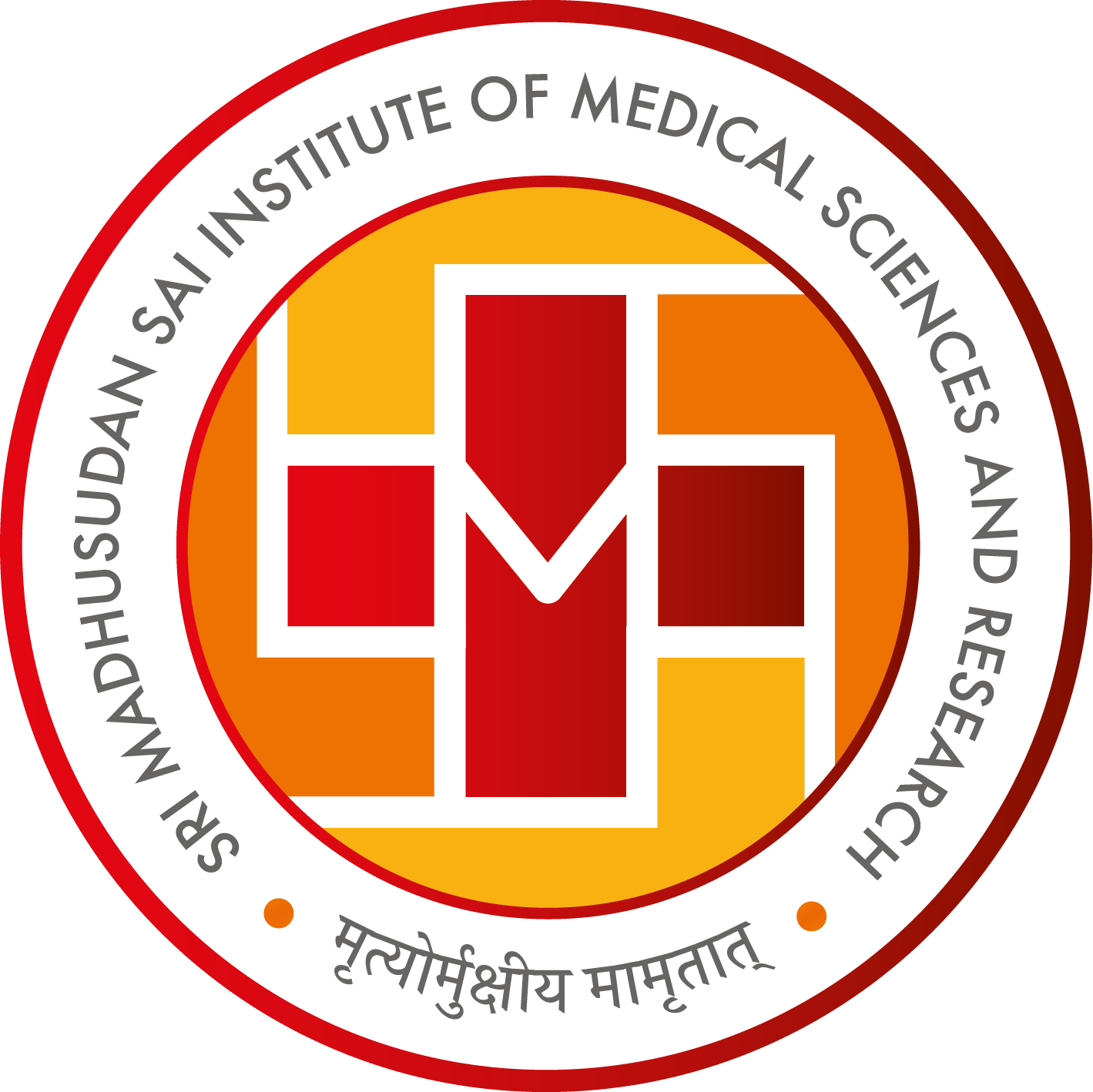Values-based education is a crucial element in building societies
17/05/2023
Sadguru Sri Madhusudan Sai
The author is Founder, Sri Sathya Sai University for Human Excellence
Webpage link: https://epaper.hindustantimes.com/Home/ShareArticle?OrgId=175dea23b39
Many societies face situations with respect to crime, substance abuse, etc which can be attributed to juveniles. Students and youth who should be in schools are ending up in jail. In another scenario, educated professionals in Sri Lanka are leaving the country in multitudes, even after receiving education from schooling to university level completely free of cost, to find better employment opportunities owing to the financial crisis which the nation is facing. In the most developed South Asian nation of Singapore, the youth, especially the teens, are facing severe mental health issues due to extreme stress born out of rigorous competition. With some of the above observations, one can assess and conclude that it is the sense of individual, moral and social responsibility in the youth which matters and not just the funding or the modern methods of the education system. This alone can stop the civilisational catastrophe that looms large on the world especially during these post-pandemic times. Putting over 24 million out-of-school children back into schools after the pandemic, is not so much a challenge as imparting values-based education to them that can make them morally and socially responsible for themselves and their communities.
Morality is simply the ability to think, speak, and act right at all times; therefore, moral education should enable students to do just ‘right’ in all situations at all times and places. Just like any kind of education, moral education has three components, namely – Curriculum, Pedagogy and Assessment.
Curriculum
The curriculum must be reinvented to include spiritual knowledge, which should have a moral component in it. Morality cannot stand the test of time without a strong spiritual foundation, and spirituality doesn’t necessarily translate to a religion. An appreciation for the good thoughts of all religions can help, but beyond that a deeper understanding of all creation as Divine is a far more important knowledge to be taught. Taking the universal values of all religions and philosophies, and including the best practices from all cultures, should form the basis of the moral curriculum globally.
Pedagogy
The next step to moral education is pedagogy, which consists of the means and methods deployed in the process of education. Unlike most of the other kinds of informative education which teaches various subjects, moral values education is transformative at its core, and therefore, the only real way of teaching moral values is through practising and demonstrating it in daily life. Therefore, the role of teachers becomes pivotal here. They must not just preach but practise the values. The need for the right kind of teachers who are passionate, trained and above all, those who practise the values is the bottleneck. This apart, including the parents in this process of moral education for their pupil is crucial as they too have an influence on the child.
Assessment
The third and most important leg of the tripod of moral education is assessment. Moral education is a transformative process and the only way to assess whether the child has learnt anything is by observing the transformation in the child. The larger portion of efforts must be to make it practical activities-based learning. This would include the thought process of the child through discussion, case studies to prepare the child for practical situations, and then encouraging the child to practise it in a controlled life-like environment, and eventually in real-life situations. This approach would naturally need the participation of all the three stakeholders – teachers, parents, and the child itself. Community and social service activities can help not just to train children, but also test them on high moral grounds. The most difficult moral issue sprouts from one’s selfishness that causes one to behave in a way which is harmful to the others; so, the opposite of it is naturally an act of selflessness. A child’s convictions can be put to test; and the true acid test would be a real-life situation that the child may come across during the course of time and will share it with the teachers and parents as a self- assessment approach.
A collective and integrated approach of curriculum, pedagogy, and assessment, coupled with the tripod of teachers, parents and students can lead to the success of moral education, as it will be a seamless blend from school to home to the larger society.






